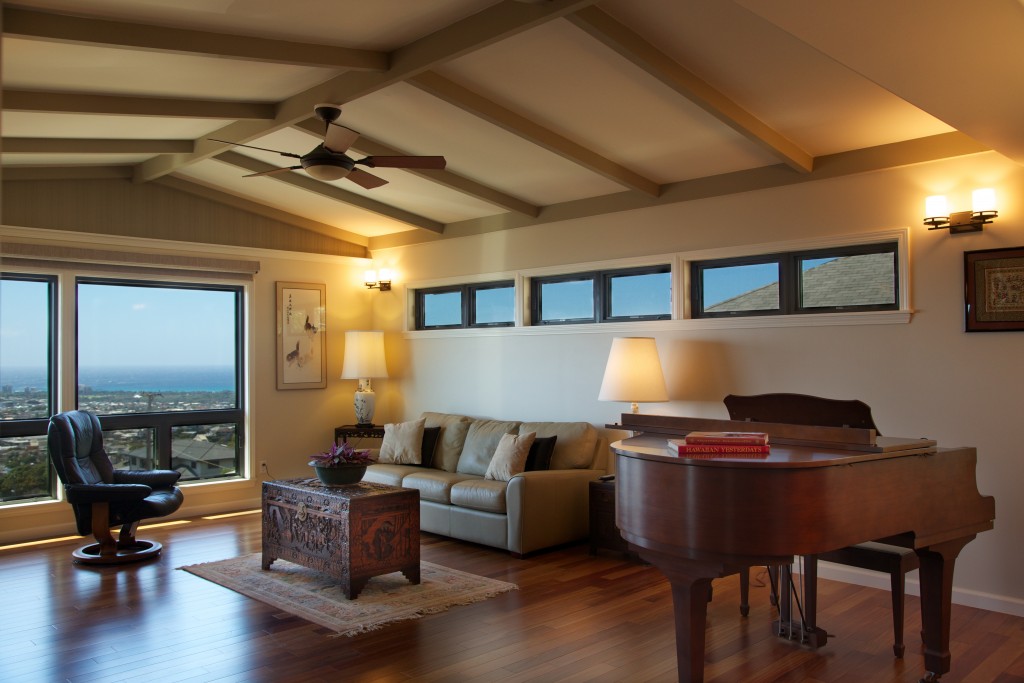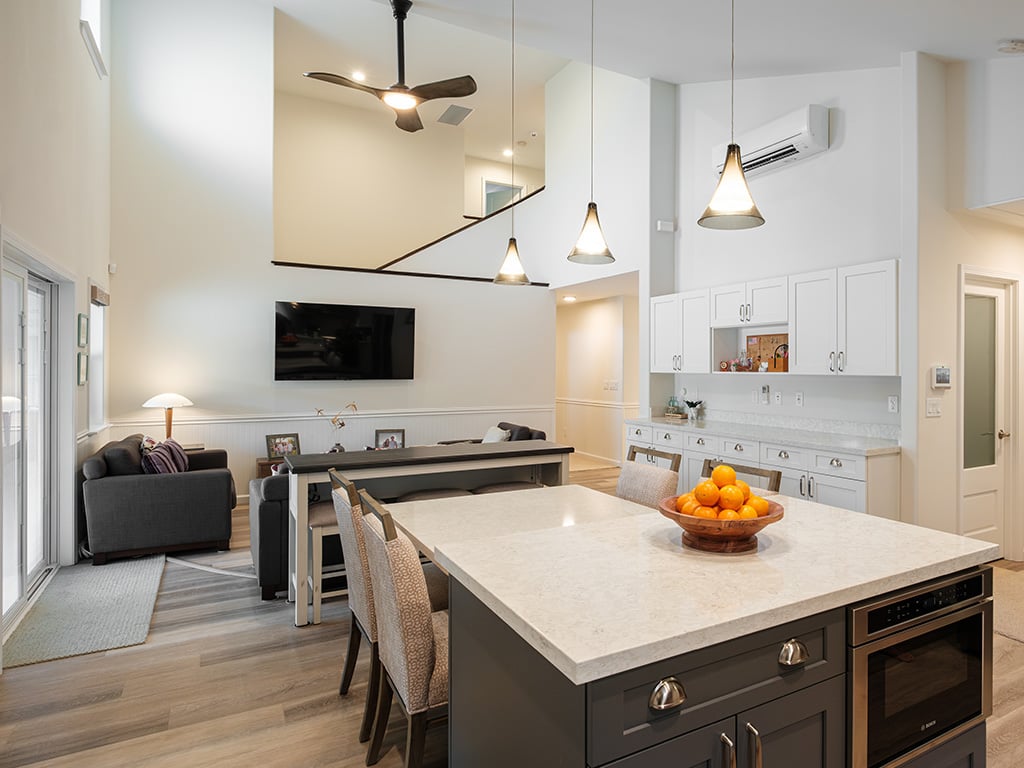Build New or Redo?
Homeworks Construction shares some insight on the matter.

Inheriting a home can be both exciting and overwhelming. It usually marks the end of one chapter and the beginning of a new one, rife with possibilities. Once you’ve decided to keep the property, the big question is what to do next: Do you demolish and build new or keep and renovate the current space?
Marshall Hickox, president of Homeworks Construction, has encountered both ends of the spectrum — from people who want to save as much of the home as possible, to those who simply want to be rid of it all. “When someone comes to Homeworks (with an inherited property) and we find out that the home has been in the family or is their childhood home, we definitely take a more sensitive approach as to how the project should proceed,” he says. “I have found some folks have such a wonderful sentiment for the home they grew up in. It could be that their father or grandfather built the home or even that they had such fond memories of growing up in the home that they can’t bear to face the fact that it needs to be demolished and replaced.”
Hickox says he has seen it all, from family members who can’t bear to watch the house being torn down, to those who want to take part in the demolition. “We had one client whose mother would not agree to a new home even though the son was offering to pay for it all,” Hickox recalls. “Her love for her late husband was too strong for her to part with her home. She agreed to allow the entire home to be rebuilt, doubling in size, but we were not allowed to touch the original single-wall living room.”
One thing to take into consideration, Hickox says, is that after a certain point, what a homeowner might think is a renovation would actually be classified differently by the city’s Department of Planning and Permitting. “I have been told a new home is out of the question and then been asked to move every wall, relocate every room and add a second story – so much in fact, that DPP would (have classified) the project as a new home,” he explains.
Hickox adds that proceeding with a project in that manner might end up costing more than it would to completely replace the home. “In almost all cases,” he says, “remodeling will end up costing you less — but it comes with compromises. With a new home, you will see the exact layout you wanted, extended warranties on products, higher energy efficiency and a safer home … and of course, a higher home value for resale or future equity.”
Oftentimes, homeowners find a balance between the two options by building new but keeping a piece of the original house for sentimental reasons. “We have removed portions of concrete that have handprints and dates from when the owners were children and reinstalled them as part of the landscaping,” Hickox says. “We often save and reuse something from the old home and repurpose it into the new home.”






